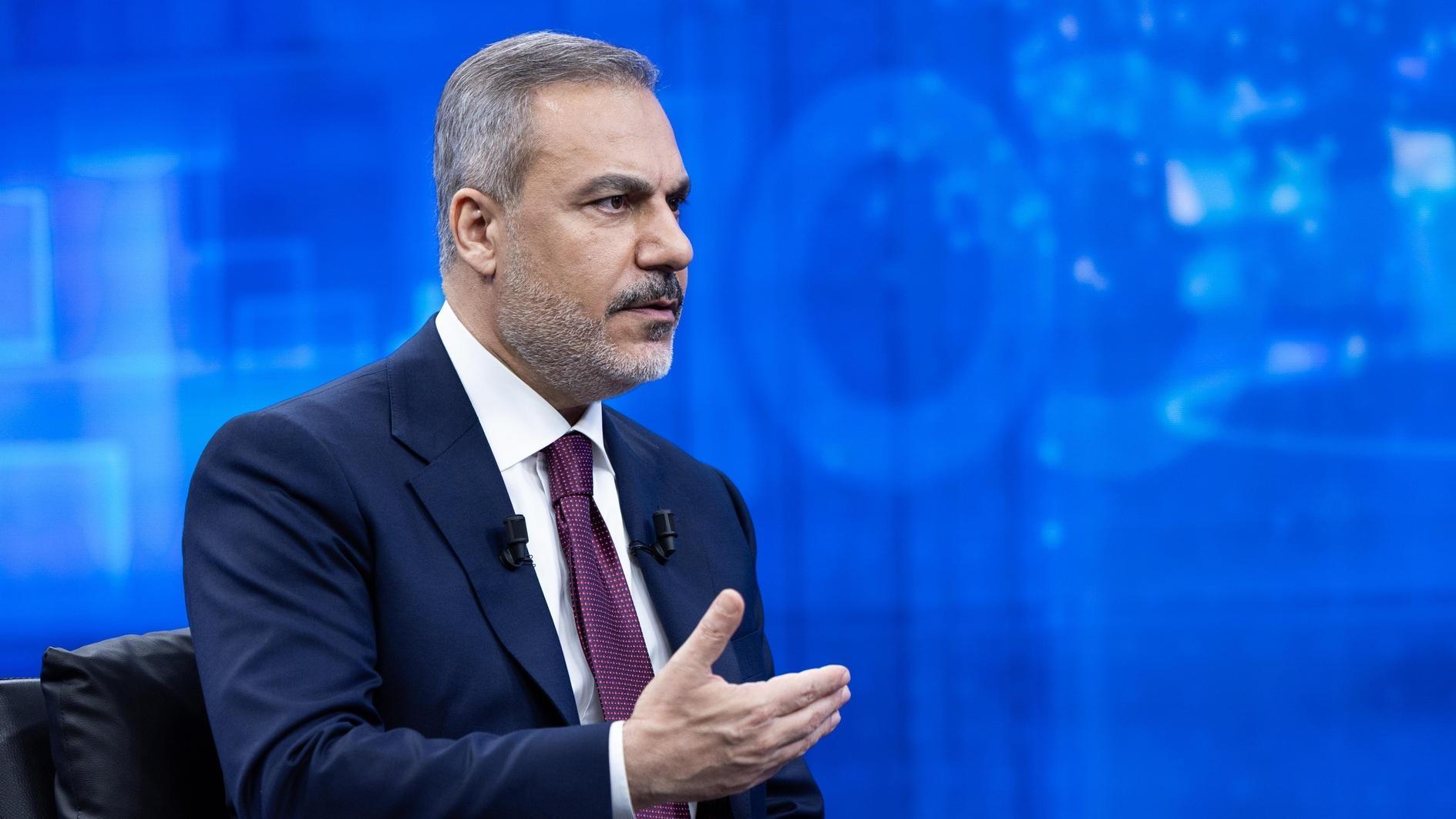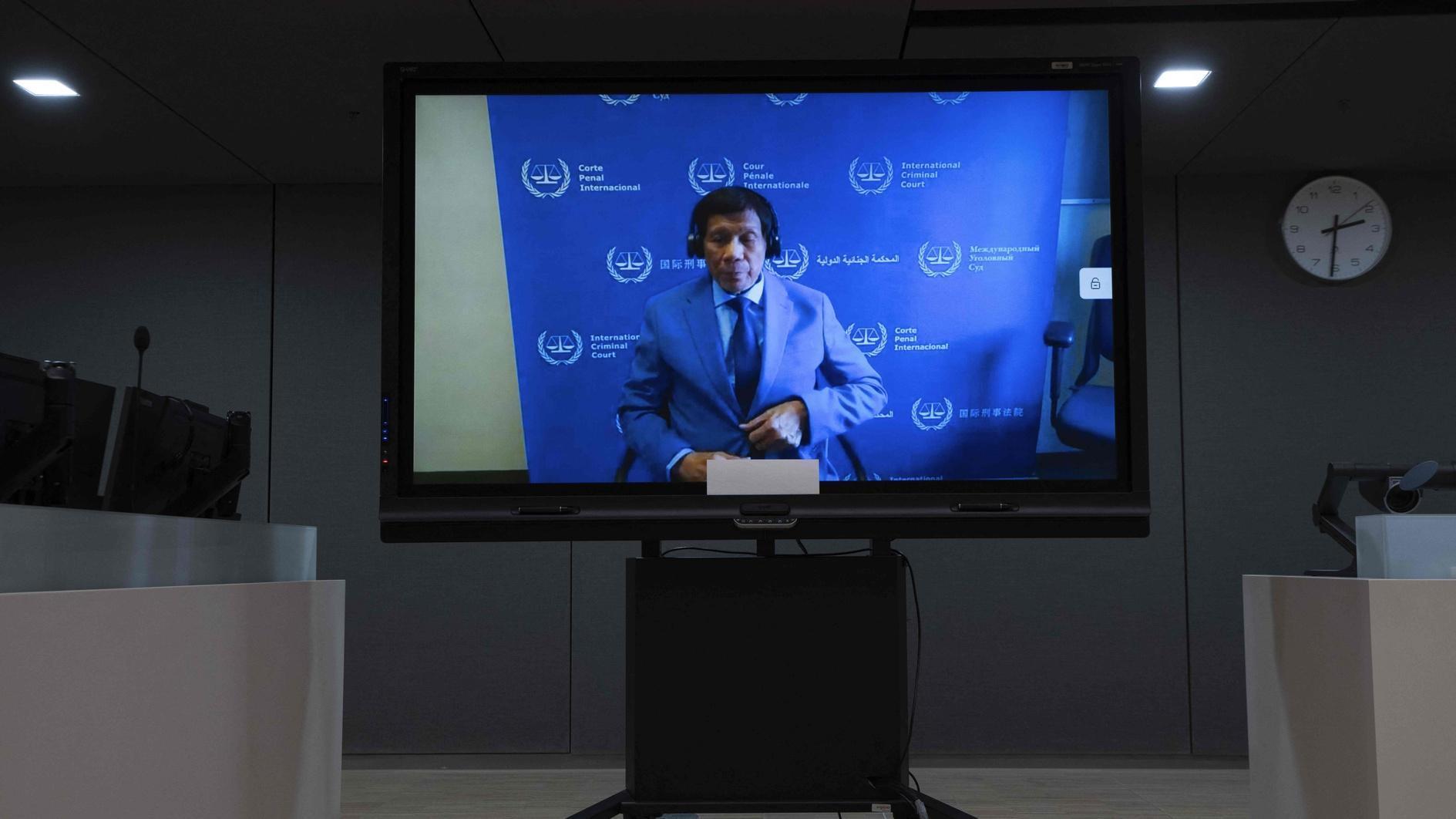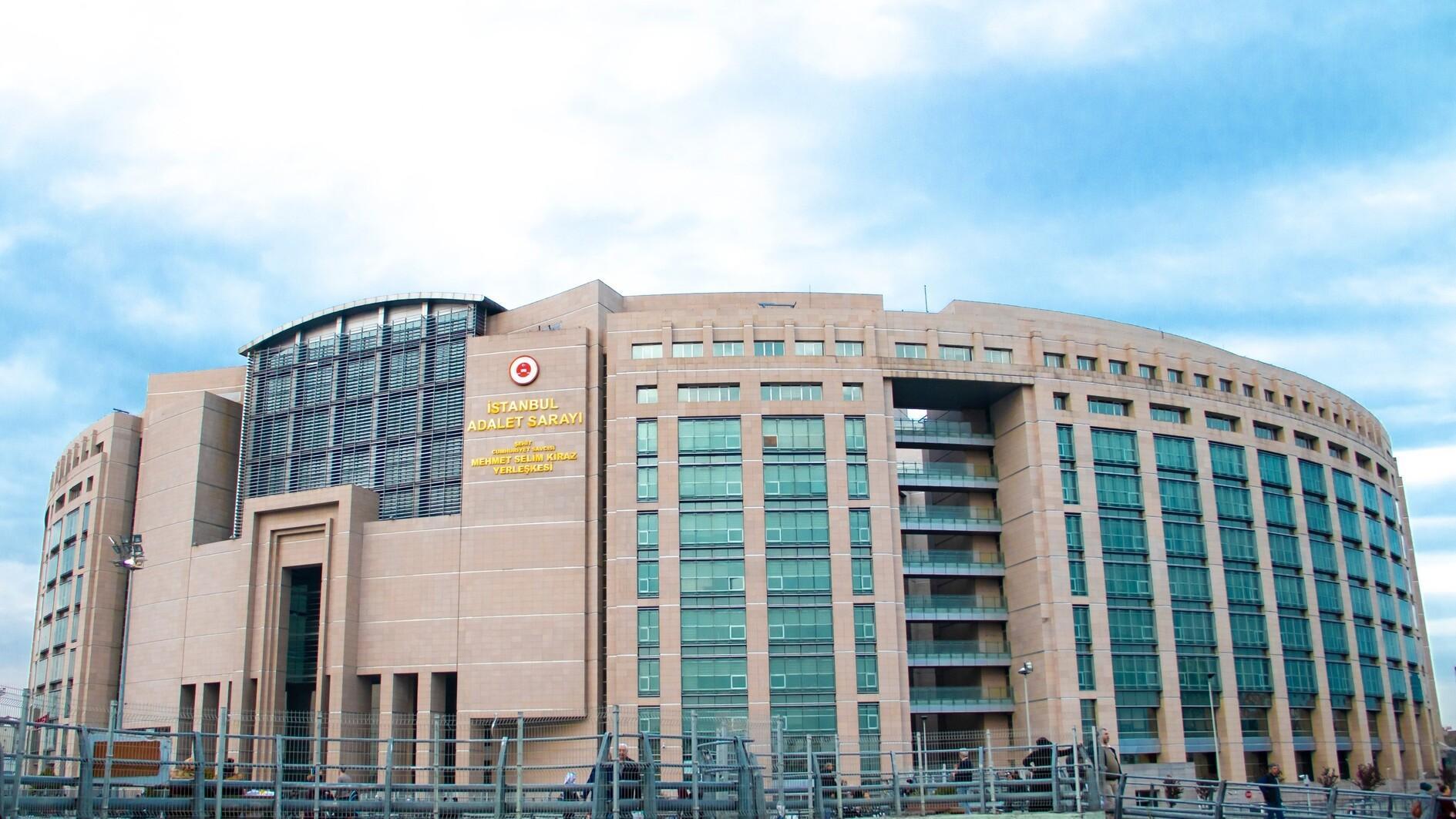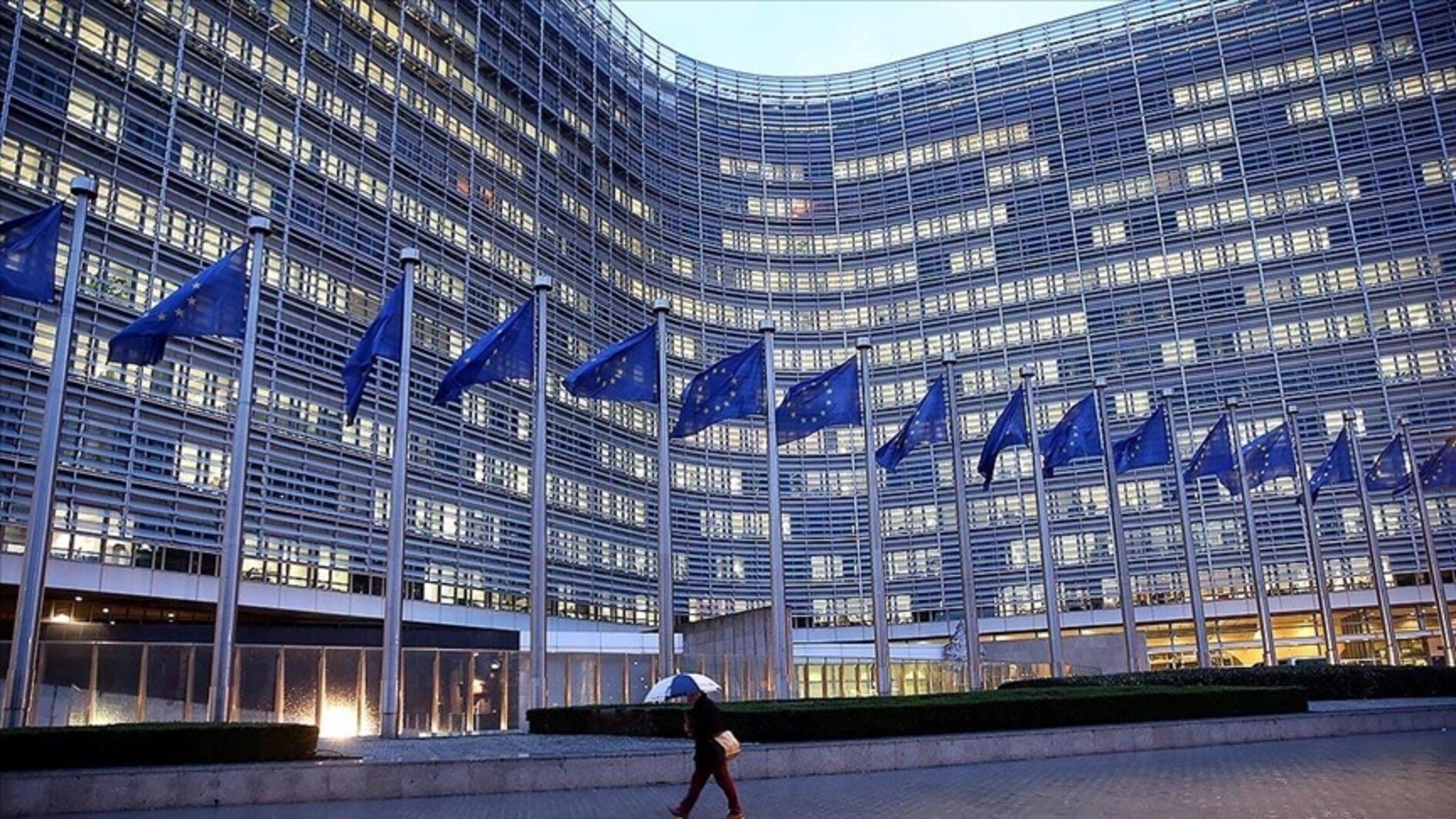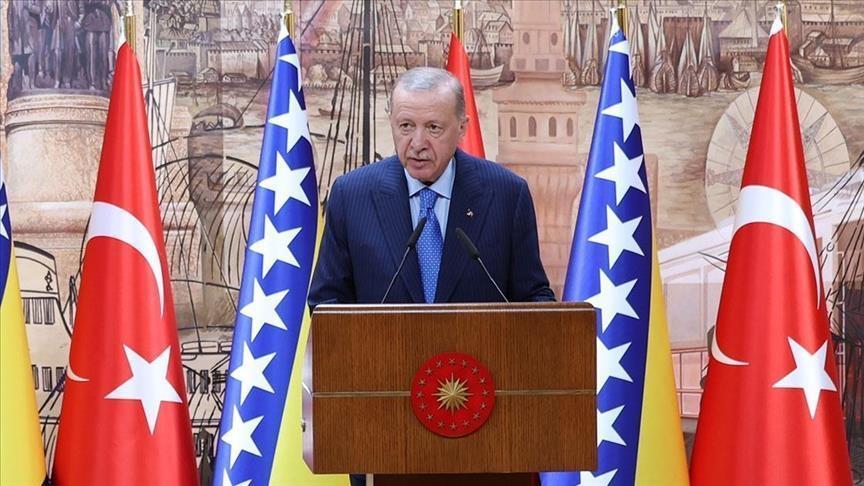Doner kebab triggers trouble in European Parliament
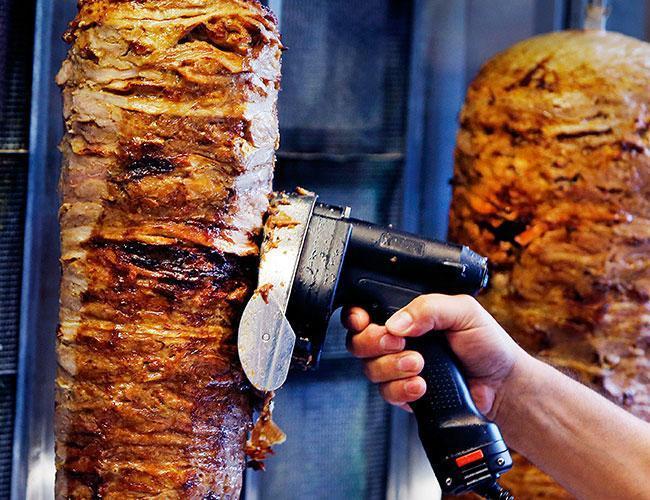
The European Parliament on Dec. 12 will vote on whether to allow phosphate additives in doner kebab production – in a decision that will affect thousands of kebab-shop owners across the continent.
The use of phosphate in meat products is banned by EU regulations.
However, doner kebabs - defined by the EU as “frozen vertical meat spits” - have not up to now been listed in this legislation, with the European Commission preparing a proposal to authorize the Turkish specialty.
The Commission stated in its proposal that the use of phosphates is a technological necessity in order “to bind pieces of meat together, allowing them to thaw and cook homogenously on a spit.”
However, the proposal triggered trouble in the European Parliament last week when the parliament’s health committee voted against it by 32 to 22.
The committee claimed the use of phosphate additives in kebab meat would lead to heart disease, despite the fact that the Commission considered that it would not affect consumer health.
Speaking to state-run Anadolu Agency on Dec. 11, Kenan Koyuncu of the German Association of Doner Kebab Producers said tens of thousands of people are employed in Europe’s $16.5 billion-euro kebab industry.
Noting that around 100,000 people are working in the industry, Koyuncu warned that any decision would affect the whole economy.
On Dec. 12, if a majority of the European Parliament votes for the proposal, kebab shops can keep using the additive.
The European Parliament stated on Dec. 11 that if the proposal fell “it would mean a regulatory status quo, where the use of phosphate additives would continue to be unauthorized in kebab meat.”
“It would mean business as usual for the sector and for consumers,” it added.
In this scenario, the Commission would have to prepare a new proposal.
The European Food Safety Authority will re-evaluate its claims on the use of phosphate in meat products on Dec. 31.


